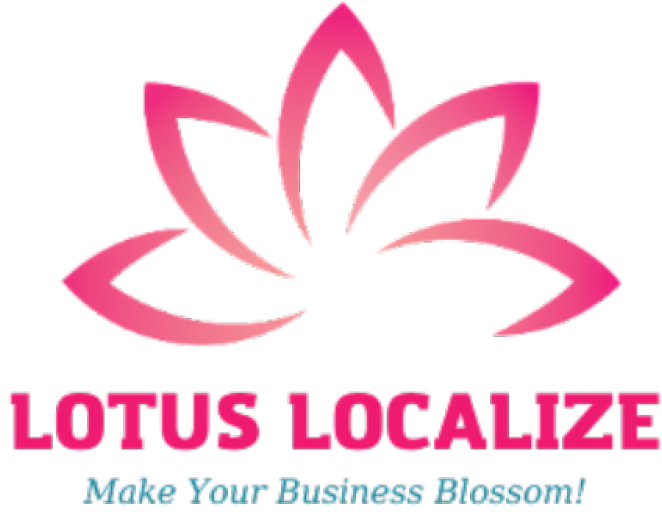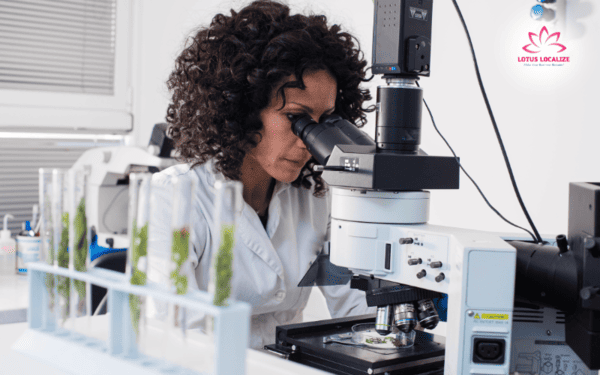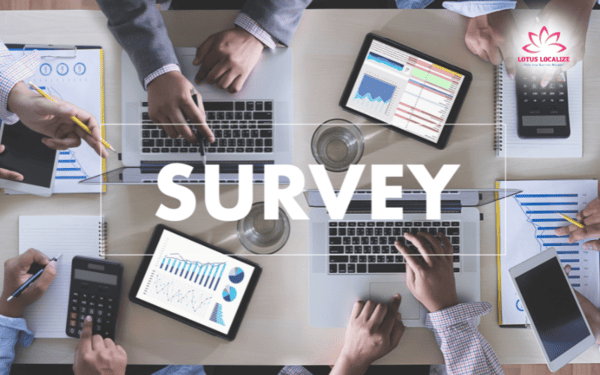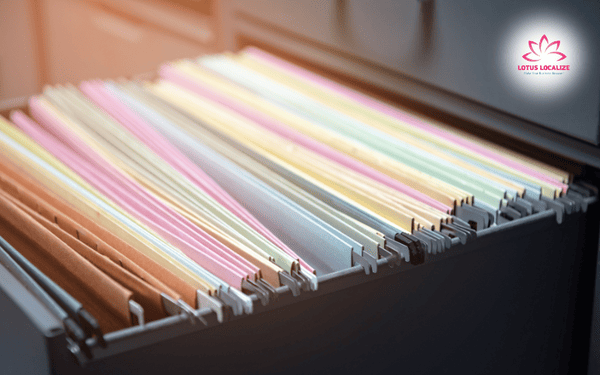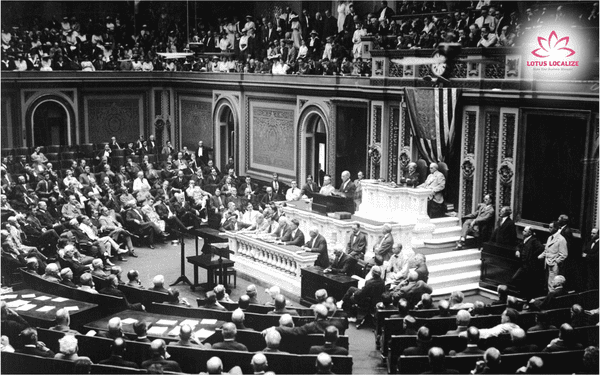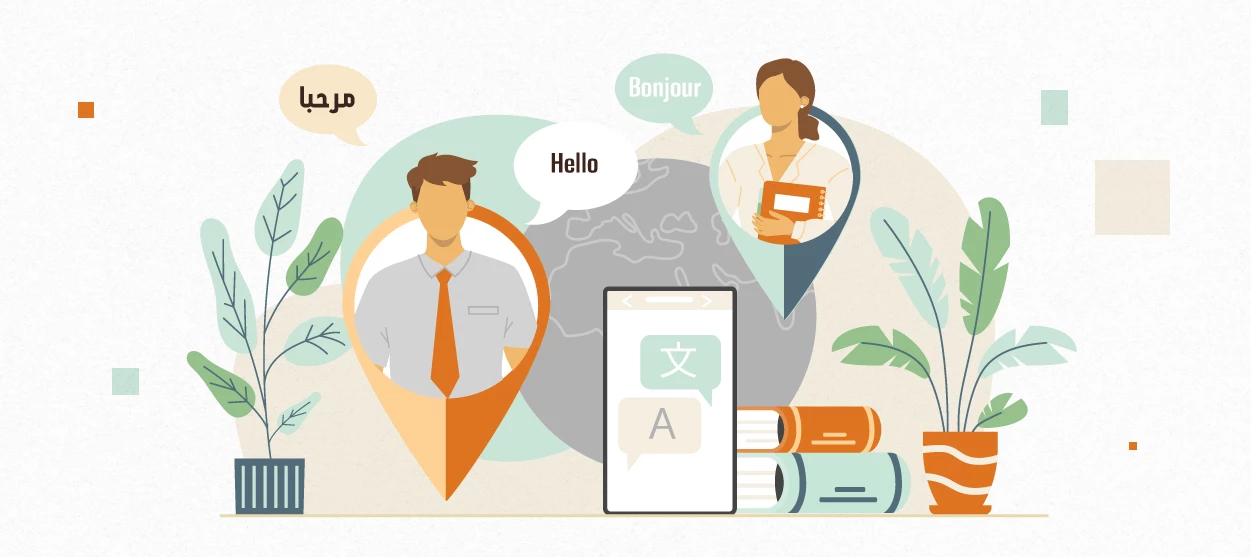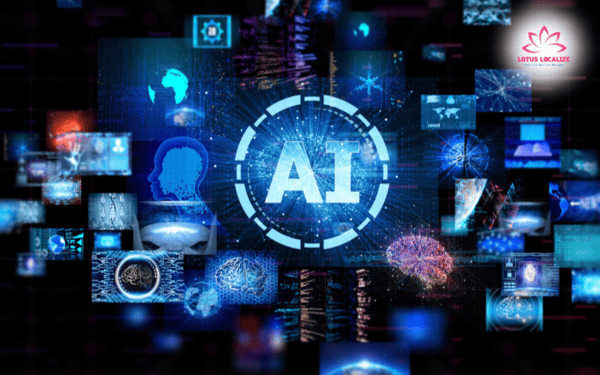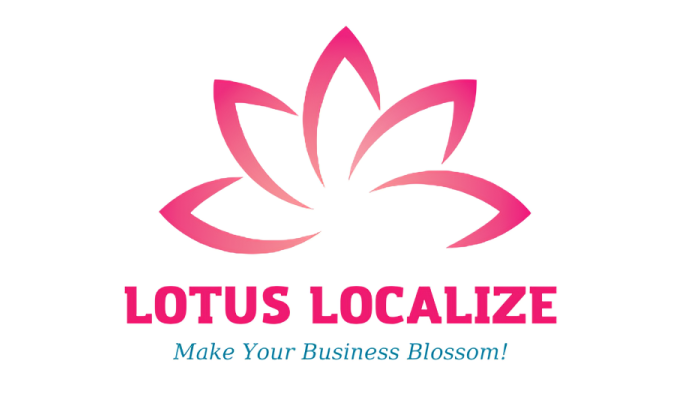
Why pharma translation matters in today’s global healthcare landscape
In the global pharmaceutical industry, accurate translation is essential for reaching diverse patient populations and ensuring safety. Pharma translation involves adapting complex medical and regulatory documents—such as clinical trial reports and patient instructions—into different languages with precision and cultural sensitivity. As companies expand across borders, pharma translation ensures compliance with local regulations, prevents potential misunderstandings, and safeguards patient health. This article covers the importance of pharmaceutical translation, the challenges it presents, and key considerations for choosing a reliable translation provider in today’s interconnected world.
Understanding pharma translation: What it is and why it matters?
Pharmaceutical translation is the complex process of adapting medical and regulatory information from one language to another while ensuring that meaning, precision, and compliance are preserved. This process goes beyond word-for-word translation; it requires an understanding of complex medical terminology, regulatory standards, and cultural considerations that can affect how information is received and understood.
- Ensuring accurate medical information: Pharmaceutical translation involves converting key documents, such as clinical trials, drug leaflets, and regulatory files, to ensure clear communication across languages.

- Meeting legal and regulatory requirements: Pharmaceutical documents must adhere to specific guidelines in each target country, and accurate translation helps companies meet these standards for market approval.
- Protecting patient health and safety: Accurate translations reduce the risk of errors that could lead to misuse of medication, adverse effects, or harm to patients. This is essential for building trust between pharmaceutical companies, healthcare providers, and patients.
This specialized translation not only ensures that people across the world can access the information they need about healthcare products but also protects patient safety, maintains regulatory compliance, and supports the global expansion of pharmaceutical companies.
Read more: How healthcare translation strengthens patient trust and elevates global health standards
Why precision in pharmaceutical translation is essential?
Precision in pharm translation is paramount, as errors in translation can have serious consequences. Misinterpretations can lead to incorrect drug usage, endanger patient safety, and damage the reputation of pharmaceutical companies. With the high stakes involved, pharmaceutical companies must work with specialized translators who understand the importance of every detail.
- Preventing patient harm: Translations for drug dosage instructions, potential side effects, and contraindications must be flawless. A single mistranslation in a dosage instruction could lead to harmful consequences for patients, which can also lead to liability issues for companies.

- Ensuring regulatory compliance: Each country has its own regulatory requirements for drug approvals, which means translations must meet specific local standards. Failure to provide accurate, compliant translations can delay regulatory approval and complicate the market entry process.
- Building trust in international markets: Pharmaceutical companies rely on precise translations to establish credibility and trust with patients, healthcare providers, and regulatory bodies. Accurate translations demonstrate a company’s commitment to transparency, safety, and patient care, strengthening its reputation on a global scale.
For pharmaceutical companies, investing in accurate translation is essential to prevent costly mistakes, protect patient health, and build a trusted global brand.
Key documents that require pharma translation
A range of essential documents in the pharmaceutical industry must be translated accurately to ensure safety, compliance, and effective communication. These documents carry crucial information for patients, healthcare providers, and regulatory bodies.
- Clinical trial documents: These reports contain in-depth data about a drug’s effectiveness, safety, and side effects. Accurate translation of clinical trials is critical for regulatory submissions and to ensure that international stakeholders can review and validate results.
- Patient information leaflets (PILs): PILs are provided with medications to guide patients on proper usage, potential side effects, and contraindications. Clear and precise translations of PILs help patients understand how to take their medications safely and avoid misuse.

- Regulatory submissions and technical documents: Pharmaceutical companies must submit various documents to obtain approval in different countries. Translations must meet local regulatory standards to avoid delays or rejections that can impact market entry.
- Packaging and labeling materials: These materials need to clearly convey information about drug usage, storage, and warnings. Translated labels and packaging ensure that patients and healthcare providers have access to accurate information, regardless of language.
Translating these documents accurately helps ensure that patients receive the correct information, healthcare providers understand how to prescribe medications, and companies meet regulatory standards across regions.
The importance of pharmaceutical translation in a globalized world
In today’s globalized healthcare environment, pharmaceutical translation plays an essential role in delivering safe, effective treatments to patients worldwide. The rapid growth of pharmaceutical markets across regions means companies must ensure their products are accessible and compliant in multiple languages.
- Facilitating access to healthcare: By translating documents into various languages, pharmaceutical companies can make medications and healthcare information accessible to patients globally, supporting better health outcomes.
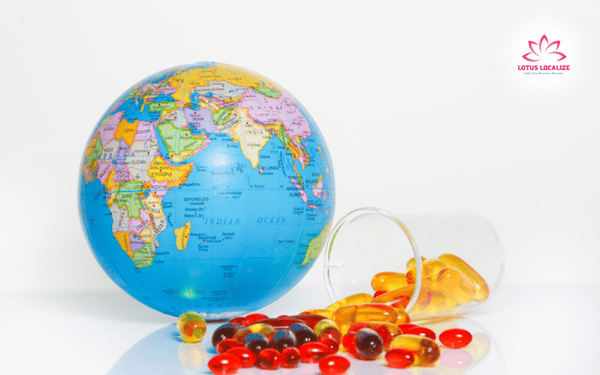
- Supporting cross-border collaboration: Accurate translation allows pharmaceutical companies, researchers, and regulatory bodies to collaborate effectively on international clinical trials and drug development.
- Building trust through transparency: Reliable, culturally sensitive translations help build trust with patients and healthcare providers by ensuring they receive accurate, easy-to-understand information, no matter where they are located.
Pharmaceutical translation allows companies to expand into new markets with confidence, ensuring that they meet global patient needs while protecting their reputation and regulatory standing.
Top challenges in pharma translation
Pharmaceutical translation is a challenging field due to the high degree of precision required, the complexity of medical terminology, and the need to comply with varying regulatory standards. Some of the top challenges include:
- Navigating regional regulatory standards: Each country has its own regulatory guidelines that must be followed to gain approval for new drugs. Translators need to be familiar with these unique standards to ensure compliance.

- Complex medical and technical terminology: Pharmaceutical documents use highly specialized language that requires translators with expertise in both medicine and linguistics to ensure accurate understanding and communication.
- Cultural and linguistic variations: Translation must take into account cultural differences that may affect how information is perceived. Translators need to adapt language and terminology to suit local cultural norms while preserving the document’s meaning.
Overcoming these challenges requires highly skilled translators with deep knowledge of the pharmaceutical industry, as well as rigorous quality control processes to maintain accuracy.
Read more: Unveiling the critical role of medical interpreters in healthcare
How to choose the right pharmaceutical translation provider
Selecting the right translation provider is critical for ensuring that pharma translations are accurate, compliant, and culturally appropriate. Here are key factors to consider:
- Industry-specific expertise: Choose a provider with a proven track record in pharmaceutical translation, along with a team of translators who specialize in medical and regulatory fields.
- Quality assurance protocols: The provider should have a strict quality control process, including review by native speakers, subject matter experts, and regulatory specialists.
- Regulatory knowledge: A good provider will have deep expertise in the regulatory requirements of the target countries to ensure translations meet local standards and avoid compliance issues.
- Cultural adaptability: The translation service should prioritize cultural sensitivity, ensuring that all translated materials are culturally appropriate and resonate with the target audience.
A specialized translation provider can help pharmaceutical companies expand internationally while ensuring their documents meet local language, cultural, and regulatory standards.
Upcoming trends in pharmaceutical translation
The future of pharmaceutical translation is likely to be shaped by technological advancements and an increased focus on localization. Emerging trends include:
- Integration of AI and machine learning: AI tools are helping streamline high-volume translation tasks, allowing human translators to focus on more complex, nuanced content that requires expertise.
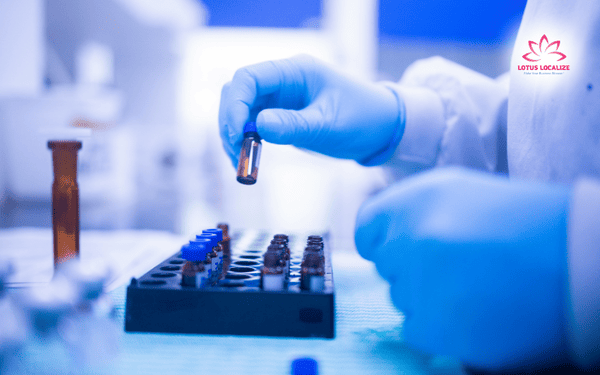
- Growing demand for localization: Companies are placing a greater emphasis on adapting translations to regional preferences, ensuring that language, tone, and terminology align with the expectations of local audiences.
- Expansion of digital health: As telemedicine and mobile health apps become more common, the demand for translated digital resources is growing. Pharmaceutical companies are investing in digital health translations to support access across languages.
These trends highlight the industry’s ongoing commitment to accuracy, accessibility, and innovation.
Pharma translation is a critical process for ensuring that healthcare information is accessible, accurate, and compliant on a global scale. With high stakes for patient safety, regulatory compliance, and market expansion, pharma translation requires a blend of language skills, medical knowledge, and regulatory expertise to prevent costly mistakes and support global health initiatives. In an interconnected world, accurate and culturally attuned pharmaceutical translation is not just a business necessity—it’s essential for creating a safer, more accessible healthcare system worldwide. Pharmaceutical companies that invest in skilled translation services are better positioned to expand confidently, protect patient safety, and build a trusted global brand.
At Lotus Localize, we specialize in providing high-quality pharma translation services tailored to meet your needs. Our team of certified translators combines linguistic expertise with medical knowledge to ensure precise communication in any healthcare setting. Contact us today to learn how we can help you bridge language barriers and enhance patient care in your organization!
If you have any questions or need assistance with translation services for many industries: education translation, technology translation, financial translation, marketing translation, manufacturing translation, government translation,… and interpretation services please contact Lotus Localize immediately at 0866 224 968 or visit the website: lotus-localize.com for advice on the best solutions!
QUALITY PROMISE
Lotus Localize offers consistent, high-quality service delivery in all customer engagements. Our in-house translators and staff adhere to well-established business processes, allowing us to communicate properly, deliver on time, and surpass client expectations.
